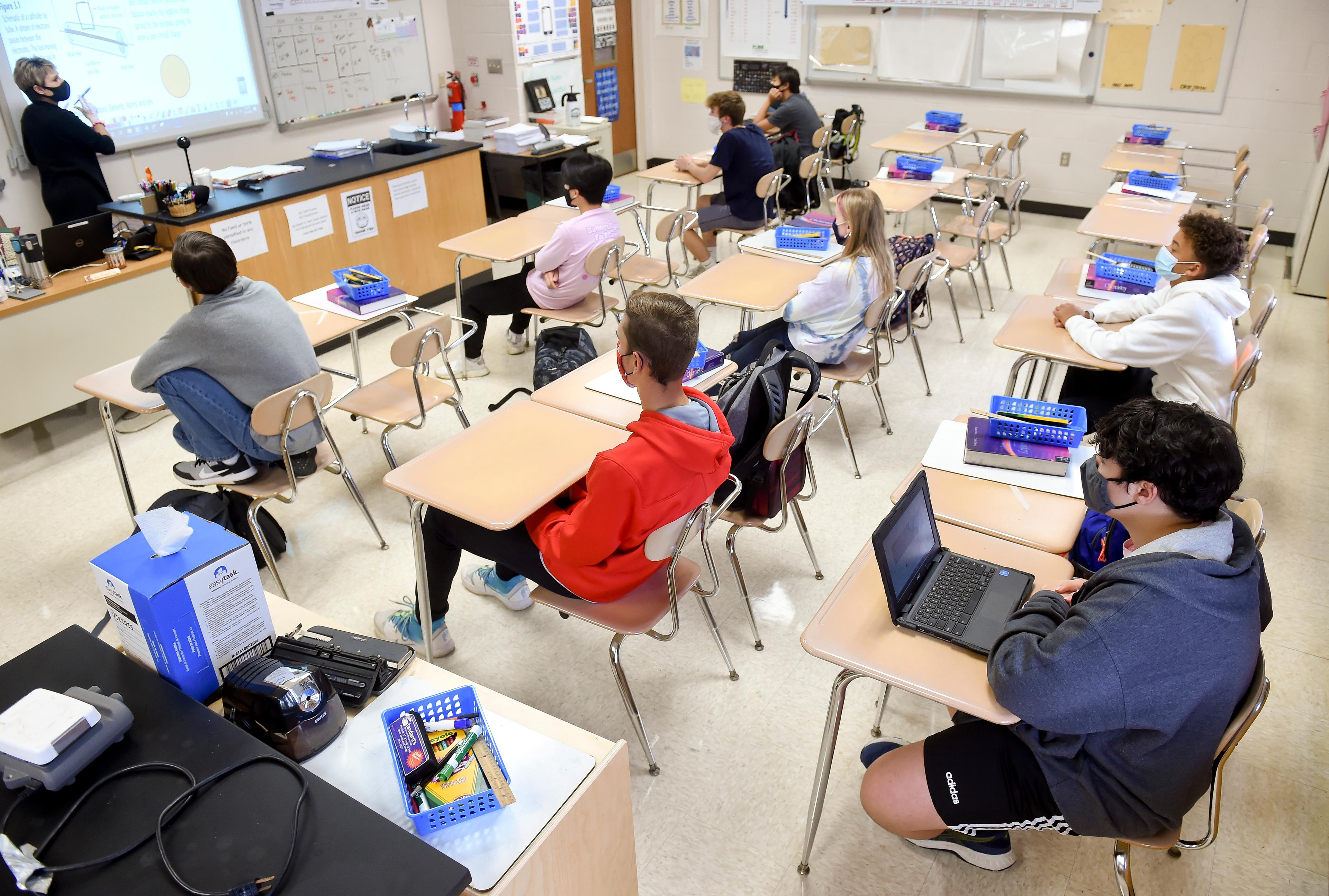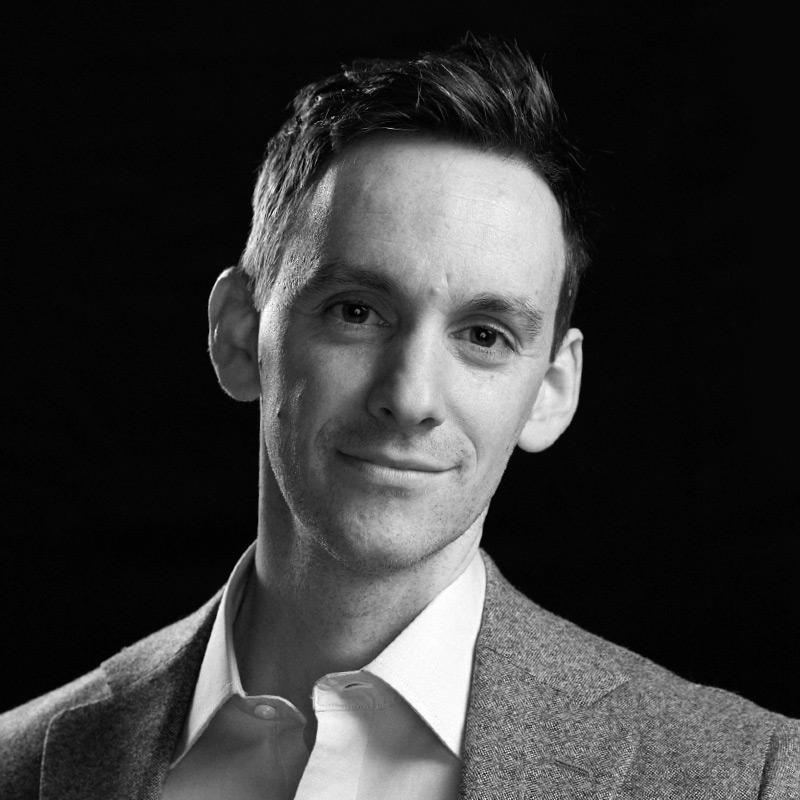Why the Cult of Achievement in Schools Is Making People Miserable
Derek talks with psychologist Lisa Damour about how our high school and college systems might be teaching us the wrong lessons about achievement and personal progress
Today’s episode is about how we think about success—and how our high school and college systems might be teaching us the wrong lessons about achievement and personal progress. Our guest is Lisa Damour, a psychologist and the author of three New York Times bestsellers, including The Emotional Lives of Teenagers.
If you have questions, observations, or ideas for future episodes, email us at PlainEnglish@Spotify.com. You can find us on TikTok at www.tiktok.com/@plainenglish_
In the following excerpt, Derek talks to Lisa Damour about the pressures put on high school students to perform academically and get into competitive colleges.
Derek Thompson: As a clinician, as a writer, as a talker, have you seen school anxiety on the rise in the last few years?
Lisa Damour: Absolutely. And it’s interesting when we think about the last few years; a lot has happened in the last few years. So there’s both what happened in the pandemic and then what we’re seeing post-pandemic in terms of the mood around school.
Thompson: And who have you seen it rise for? I just want to be clear if this conversation is going to be disproportionately about children of the upper middle class and above, disproportionately about girls versus boys. Give me a sense of the population that you’ve seen school anxiety specifically rise for in the last few years or decades?
Damour: So largely, when I’m hearing about a ton of anxiety about school, we’re talking about upper-middle and upper-class populations. The anxiety itself takes a lot of different forms. There are kids who are so anxious they are not going to school. And I will say that school truancy or chronic absenteeism or whatever you want to call it, those numbers are through the roof. And that’s actually true across a wide range of districts. But the reasons for that are different depending on the socioeconomics of the district. The other form of anxiety that I’m hearing quite a bit about is this sense of they lost time, or they’re behind and there’s this need to catch up. And I am hearing the loudest voices of that anxiety come from districts and schools that have traditionally been very high performing, very ambitious students, very ambitious families.
Thompson: And when you say that you’ve seen this kind of school anxiety change over time, can you give me a sense of the shape that this kind of school anxiety takes? What are kids talking about when they talk about being obsessively stressed about their academic performance or the degree to which they’re going to get into a new college?
Damour: So it’s college, right? I mean, you said the magic word. When kids are worrying about school, the kinds of kids we’re talking about, the demographics we’re talking about, they’re talking about a very small number of incredibly selective colleges that they have their eye trained on, that they feel tremendous pressure to try to gain admission there. And I was actually just yesterday at a district, a public school district, but in a very academic universe, very high performing in many ways. And what the administrators there were saying is, it has gone up so many notches since the pandemic. Kids are now like, “I need more APs. I need to add on more than I used to do.”
And they said something also very striking about what it means for “test optional” to become a bigger part of the admissions landscape. Because then what they were saying is, for the kids who actually test well, it actually puts more pressure on their test scores because the only other kids who are going to be submitting scores are also kids who test well. So kids who have in the past felt like they had some real strength to bring to the admissions process or a leg up into the admissions process now feel hamstrung by the thing that used to feel like their advantage.
Thompson: When did this happen? I’m interested in placing this phenomenon in history. Do you have a sense of a decade or a period of time where we really started to see liftoff in this new kind of school, college anxiety?
Damour: I don’t think that there’s one moment where it suddenly blew up. I think it sort of ratcheted up slowly over time. But I think one of the factors that has driven it is an awareness of rankings. Schools being aware of rankings. Those rankings being calculated in part based on how many students they admit in terms of percentage. And so then selective colleges doing things to cultivate a great number of applicants and drive down their admission rate. And I think that that has been ratcheting up slowly over time, and we’ve suddenly found ourselves in a place—not suddenly, but one of those things like it happens slowly and then all at once, right? It’s sort of slowly, and then all at once.
You can’t get into a school just because you’re amazing, right? I mean, it used to be the case that kids could really set their heart on a place and feel like they had a decent chance if they had the resources around them and within them to make an incredible application to put forward. Rationally, now, no one should suggest to a high school student, however spectacular and gifted and privileged that young person is, that they can know that they will get into the college of their choice.
This excerpt was edited for clarity. Listen to the rest of the episode here and follow the Plain English feed on Spotify.
Host: Derek Thompson
Guest: Lisa Damour
Producer: Devon Manze
Subscribe: Spotify

